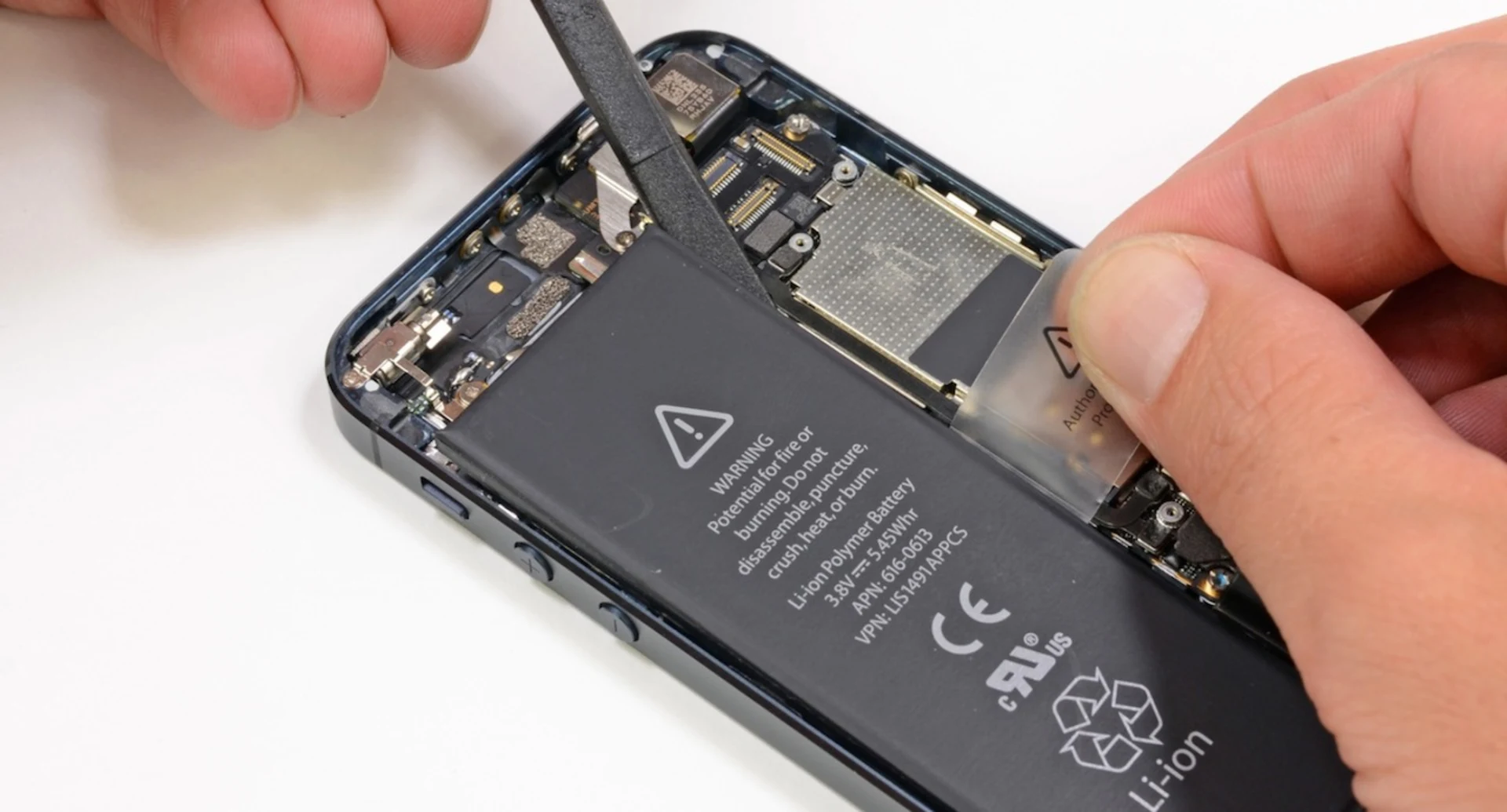TECH


Bluetooth Flaw Enables Tracking on Windows PCs
Boston University researchers have discovered flaws in the Bluetooth Low Energy (BLE) implementations of Windows 10, MacOS and iOS that could allow devices running those operating systems to be tracked. ZDNet reported that the researchers shared details about the flaw at the Privacy Enhancing Technologies Symposium today in an effort to raise awareness for the flaw in a nigh-ubiquitous protocol.
BLE's name suggests it was developed to make wireless connectivity less of a battery killer. That's partly true, but it was also made to solve the privacy issue resulting from how Bluetooth connections were formed. Previous versions of the protocol had devices constantly broadcast their media access control (MAC) address; this made it easy to identify and track specific devices that were actively using Bluetooth. BLE changed things up to allow devices to broadcast to "periodically changing, randomized address," as the researchers described it.
The problem stems from how Microsoft and Apple generate these ostensibly random addresses. The researchers explained in their paper that someone continuously monitoring the "BLE advertisements" uses to seek connections might be able to identify and track specific devices. The advertisements in question do not have anything to do with promoting a product. Instead, they are the messages BLE devices constantly emit "to announce their presence to other devices," as the researchers put it. (Should there be a better name for those messages in a time when people fear their privacy is constantly being compromised for someone's profit? Probably.) Those advertisements are the problem.
The researchers said they developed an "address-carryover algorithm" that "exploits the fact that identifying tokens and the random address does not change in sync" to "continuously track a device, despite implementing anonymization measures." This exploit does not even require any real hacking - it simply uses publicly broadcast information in ways that Microsoft and Apple did not account for in their designs.
This exploit is thought to affect all Windows 10, MacOS, and iOS devices. Researchers explained why Android is not affected:
More information is available in the full paper, "Tracking Anonymized Bluetooth Devices." The researchers said they disclosed these issues to Microsoft and Apple in November 2018, it's unclear whether either company has responded. both companies and will update this article if they respond. by N. Mott

No comments:
Post a Comment